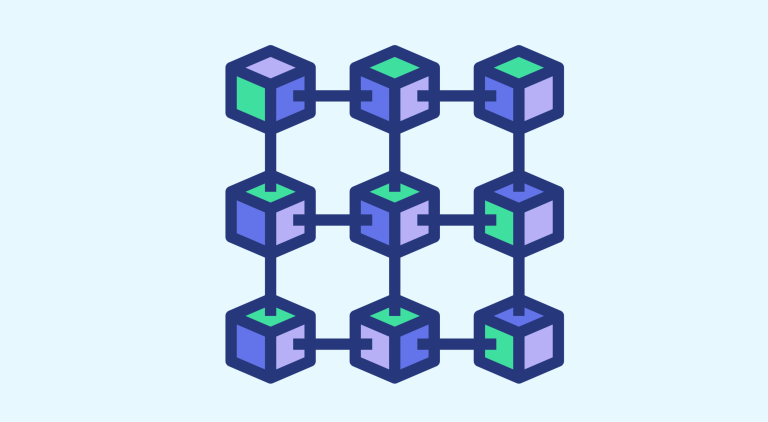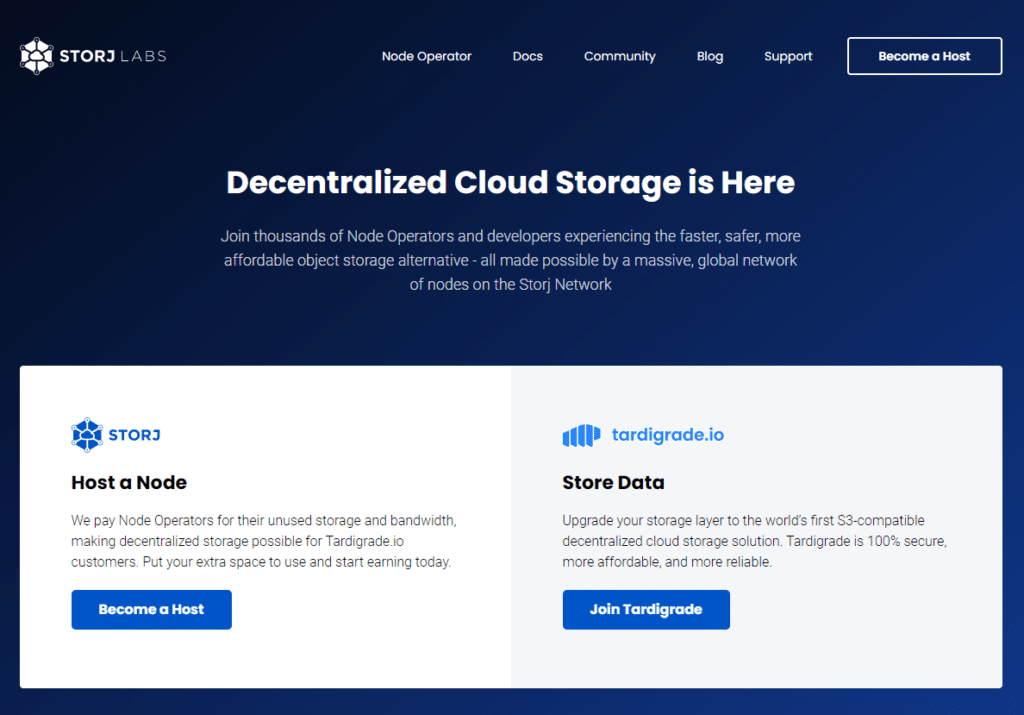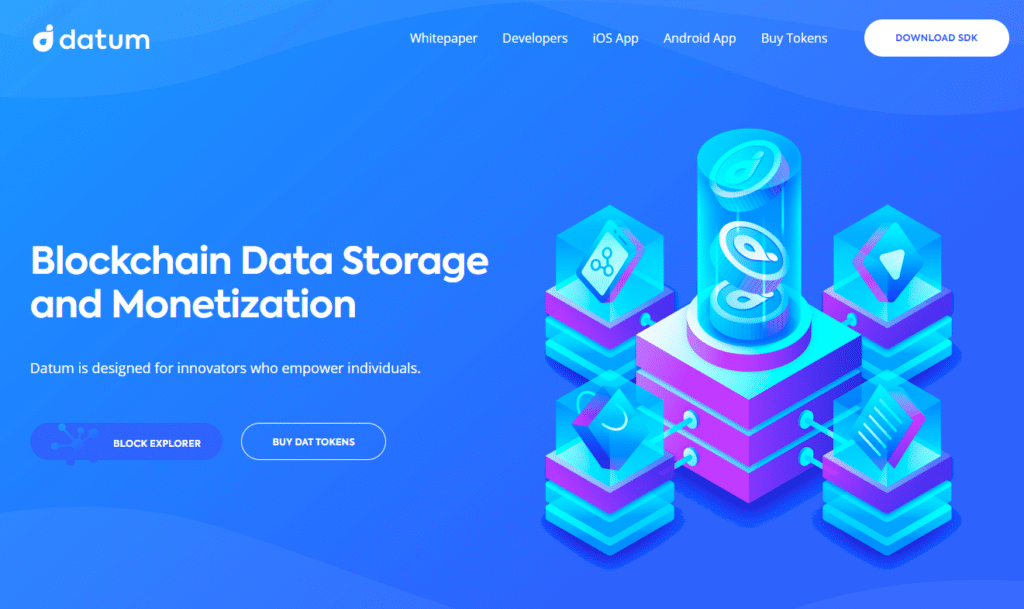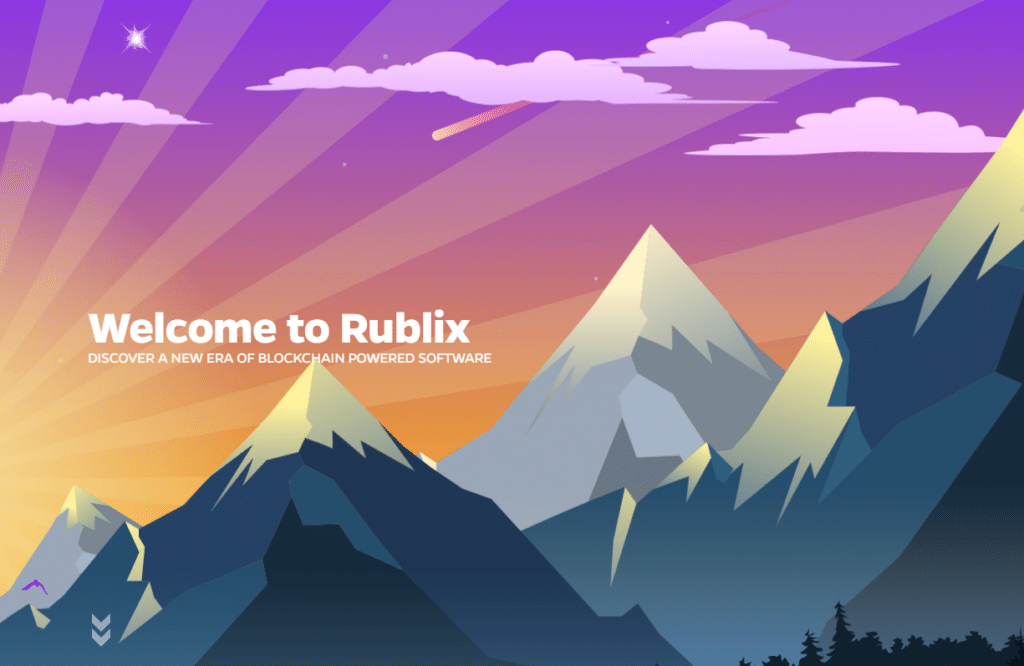Given their different approaches to data, one might think that Blockchain and Data Sciences are purely independent disciplines. While Blockchain is currently in its infancy, notably with the global craze around crypto-currencies, Data Sciences represents an already well-established technology. However, these two innovations, which make it possible to revolutionize the world of work and the relationship between humans and technology, are not that far apart. We'll take a closer look in this article.
Blockchain, which originated with the famous Bitcoin, is an open source technology that enables information to be stored and transmitted in a transparent, decentralized way. Each block of this chain represents a transaction, monetized by a programmable currency (or token), and controlled by miners using various methods.
The interdependence of each block, and the decentralized nature of the blockchain, confer a very high level of security, transparency and authenticity on the data stored on it.
These aspects can enable data scientists not only to store their data securely on the blockchain, but also to access authentic, secure and abundant data.
Let’s discover 4 projects illustrating the joint use of blockchain technology and data science:
1/ Storj for data storage
Storj, a company offering a decentralized cloud, is an example of a project making it possible to store and access vast quantities of data at low cost.
The company offers a network of private individuals who make available an unused part of their hard disks to store data in return for a fee via their token based on the ETHEREUM network: the STORJ.
Thanks to the large amount of storage space available (100 petabytes) and the low costs involved, Storj presents itself as a very serious alternative to centralized cloud services, such as AWS, for data scientists. The relocation of data to the blockchain ensures a high level of security and reliability.
2/ Datum, for data storage and monetization
Datum also offers a decentralized storage network, using the DAT (Data Access Token) cryptocurrency. Users can monetize, secure and anonymize their data. The high level of security conferred by this platform, as well as attractive pricing, also enable data scientists to bypass larger data vendors such as Facebook, whose data use policies can be obscure.
3/ Rublix, using machine learning to unify crypto-traders
Rublix offers a platform that connects investors, and verifies their reputation and relevance. The platform’s statisticians and data scientists provide statistics on the crypto-currency market, and develop predictive analysis algorithms to forecast market trends and evolutions, a major advantage over other trading platforms.
Traders on the platform publish their predictions in the form of ‘smart contracts’, and monetize trades via the RBLX (Rublix) crypto-currency.
4/ Omnilytics for real-time trend analysis.
Startup Omnilytics combines the benefits of blockchain and big data to offer its partners (e-commerce platforms) an analysis and decision-making tool to perfect their platform. Omnilytics capitalizes on blockchain to provide authentic, cleansed data in real time, giving its customers considerable leeway.
Conclusion
These nascent projects bridge the gap between two technologies that will continue to revolutionize our lives in the years to come, going from strength to strength. This combination guarantees greater resources, security, reliability and speed for all users.
Make an appointment now with a member of our admissions team if you too want to be the next blockchain data scientist 😉













